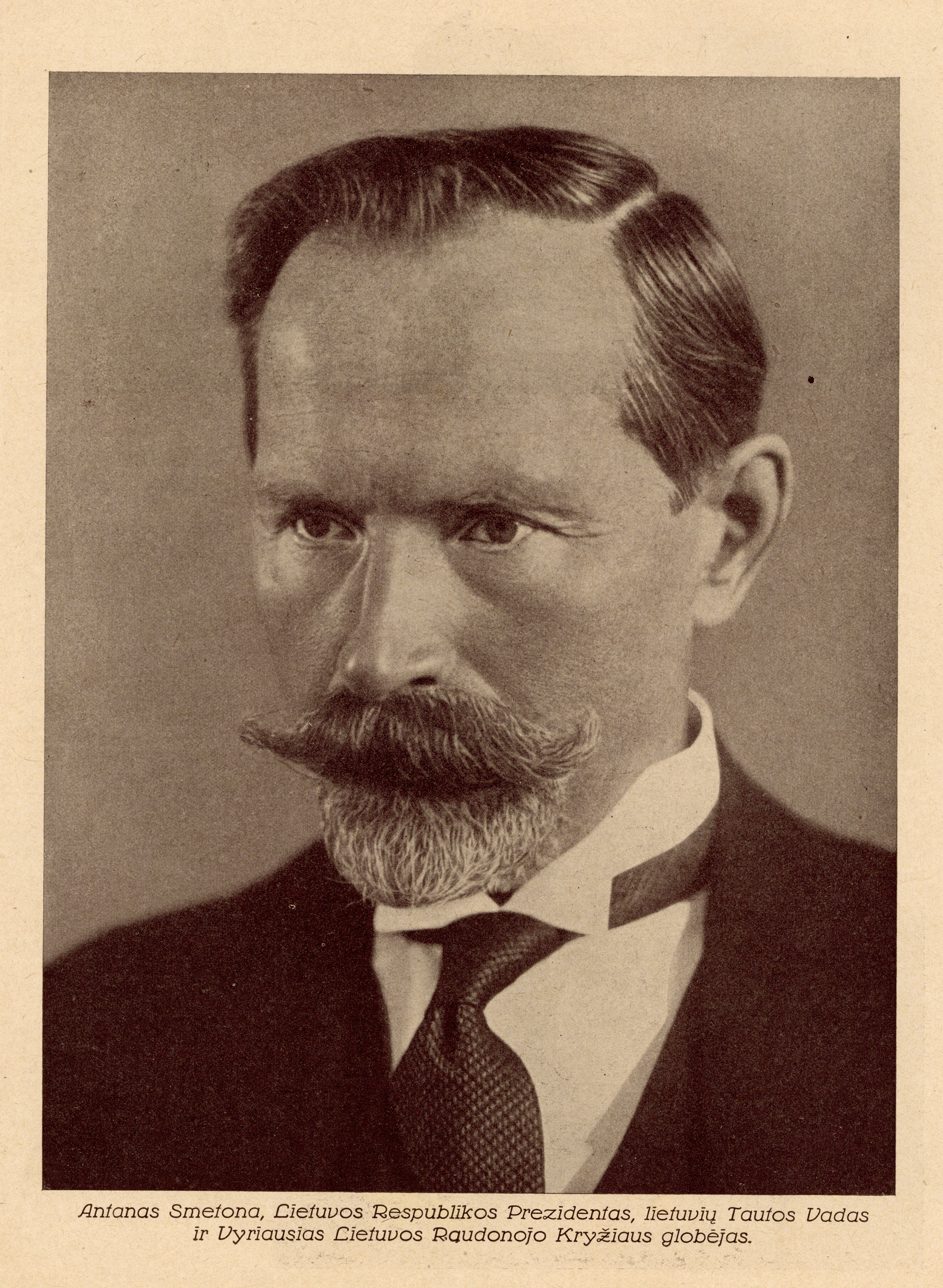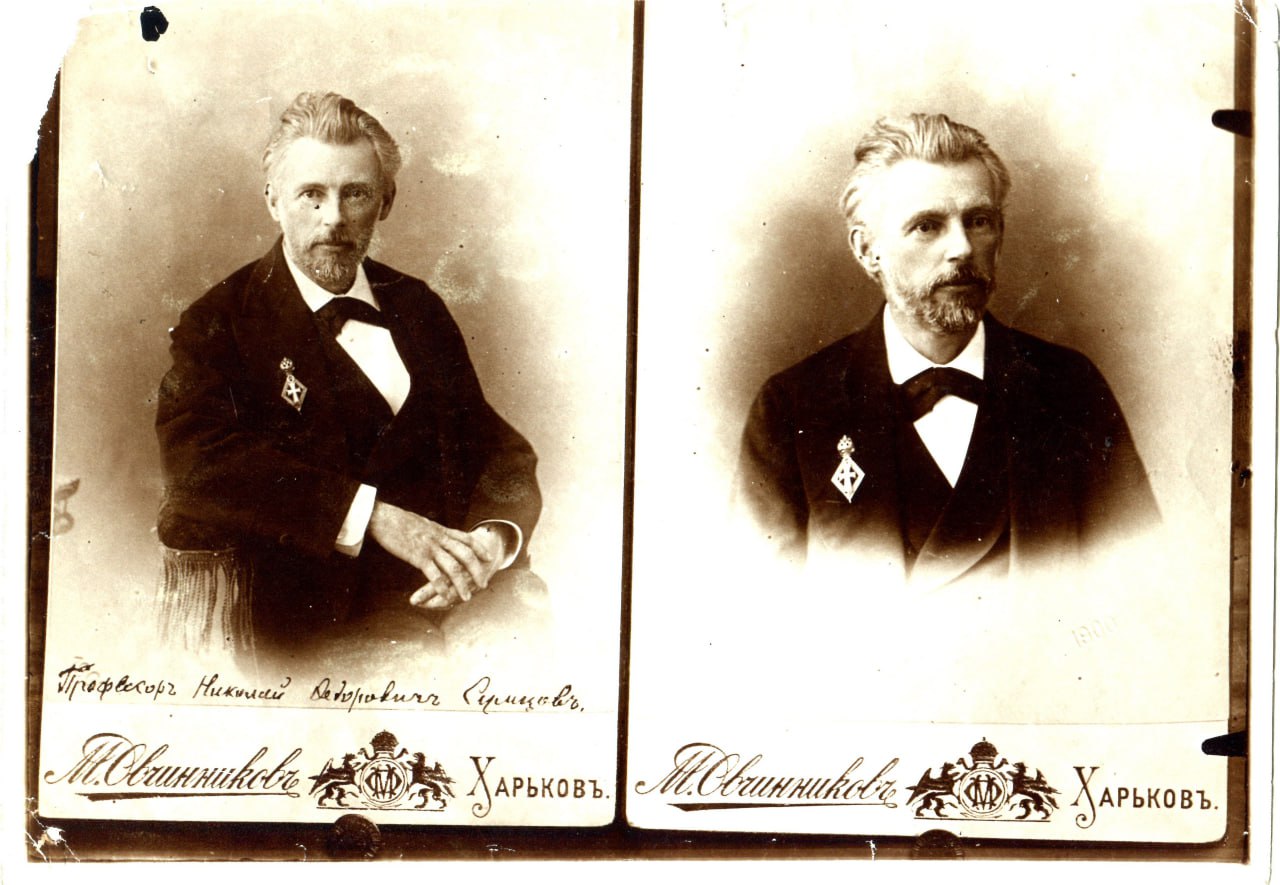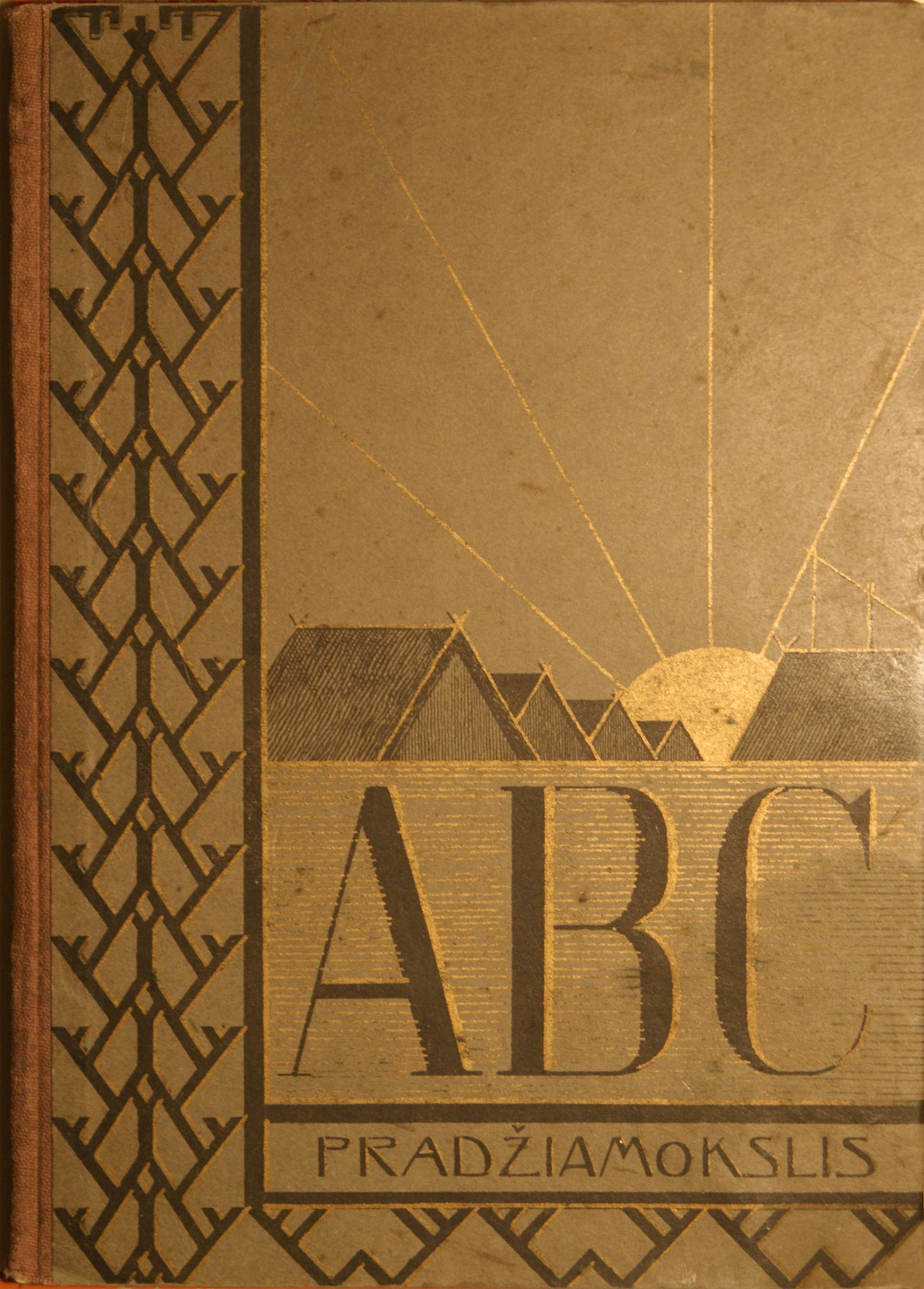This year marks the 150th anniversary of the birth of Antanas Smetona, a signatory of the Act of February 16th and the first President of the Republic of Lithuania.
Smetona devoted most of his life to social and political activities. He was actively involved in the activities of organisations, contributed to the publication of the Lithuanian press, and together with Juozas Tūbelis and Jonas Jablonskis edited the newspapers “Lietuvos ūkininkas”, “Viltis”, and “Vairas”. The publications formed the ideology of nationhood and promoted the importance of education and culture for the resurrection of the nation.
18-22 September 1917 At the Lithuanian Conference, A. Smetona was elected a member of the Lithuanian Council. Together with other members of the institution, he signed the well-known Act of Independence of Lithuania on 16 February 1918. On 6 April the following year, he became the first President of Lithuania. Smetona was a representative of the Third Seimas, and after the coup d’état on 17 December of the same year, he became President of the Republic of Lithuania for the second time.
Smetona is regarded with mixed feelings. He violated the Constitution of the Republic of Lithuania when he dissolved the Seimas in April 1927 and established an authoritarian presidential regime. He also restricted the opposition’s possibilities of activity and restricted the freedom to publicly disseminate views unfavourable to the supreme state authority.
His second term as President was interrupted by the Soviet occupation. On 15 June 1940, at the last cabinet meeting, Smetona proposed to reject the Soviet Union’s ultimatum to Lithuania and to resist the USSR army with arms. Aware of the danger to the country, Smetona and his family fled to Germany and later to Switzerland, where the Kybartai Acts were signed. In March 1941, he settled in the USA. On 2 May 1941, while in Chicago, he made a speech in which he stressed the need to maintain the continuity of the Lithuanian Government abroad. In mysterious circumstances, he died in a house fire on 9 January 1944.
Smetona’s departure from Lithuania is controversial for many people, but Smetona’s importance as a personality on the road to 1918 is still very important. The importance of Smetona’s role in the path to independence is undeniable. He helped reorient Lithuania’s economic and cultural life from East to West. He was interested in the development of Lithuania’s economy and culture, promoted the continuity of the Lithuanian language, and sought to preserve tolerance towards other peoples living in the country.
Information prepared by Silvija Jankauskaitė, curator of the collection of the Lithuanian Education Museum



